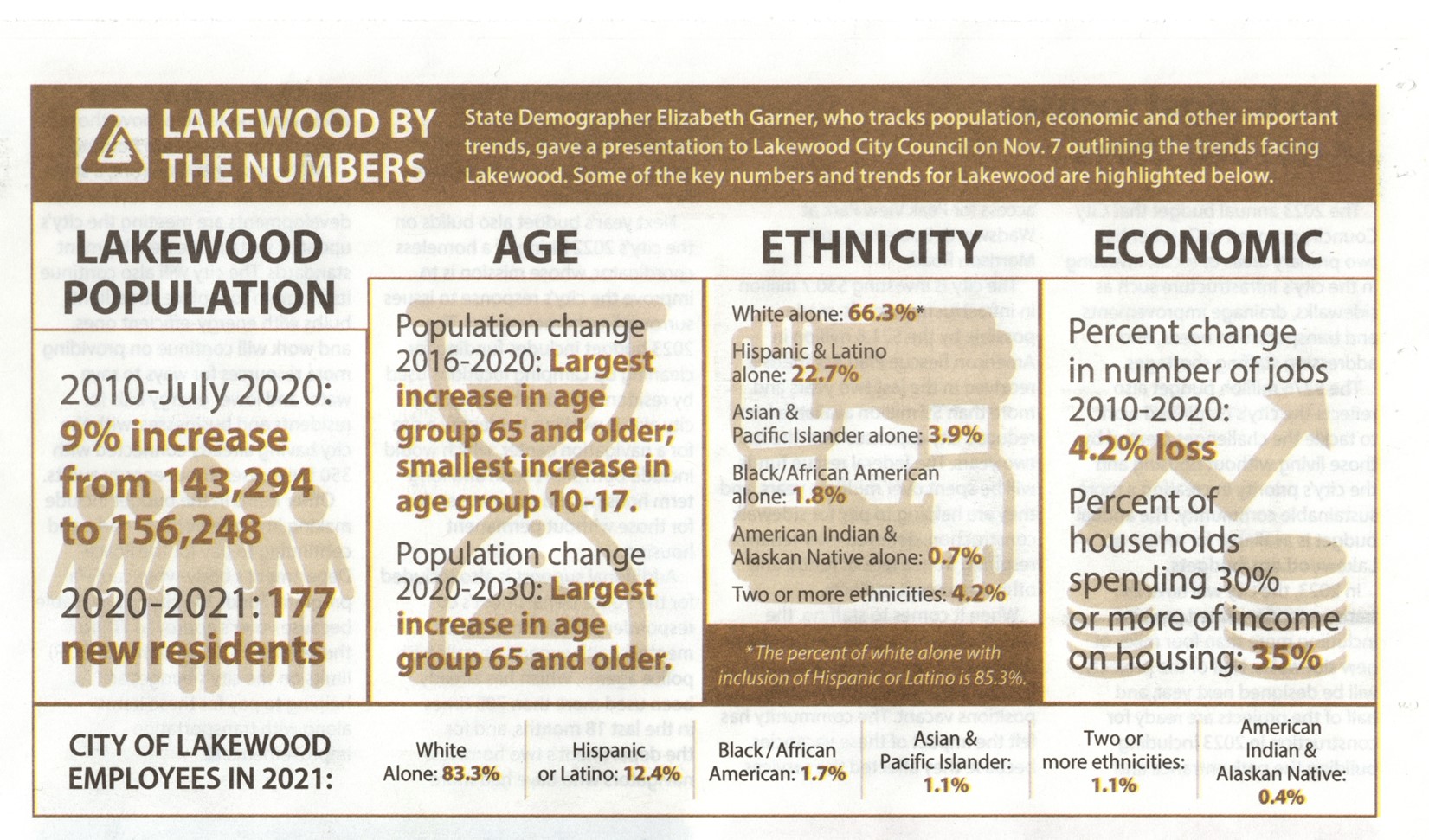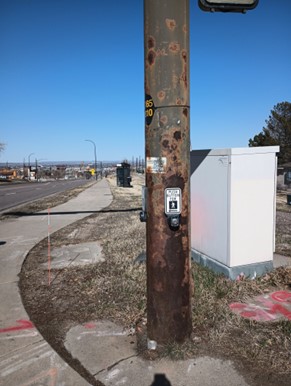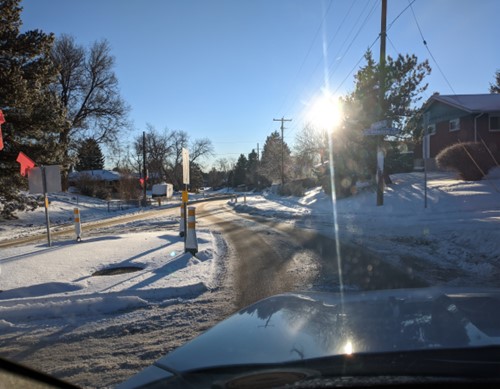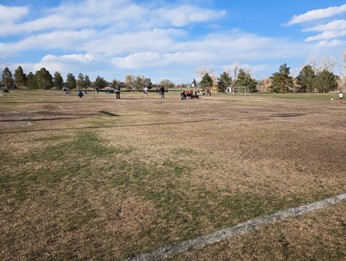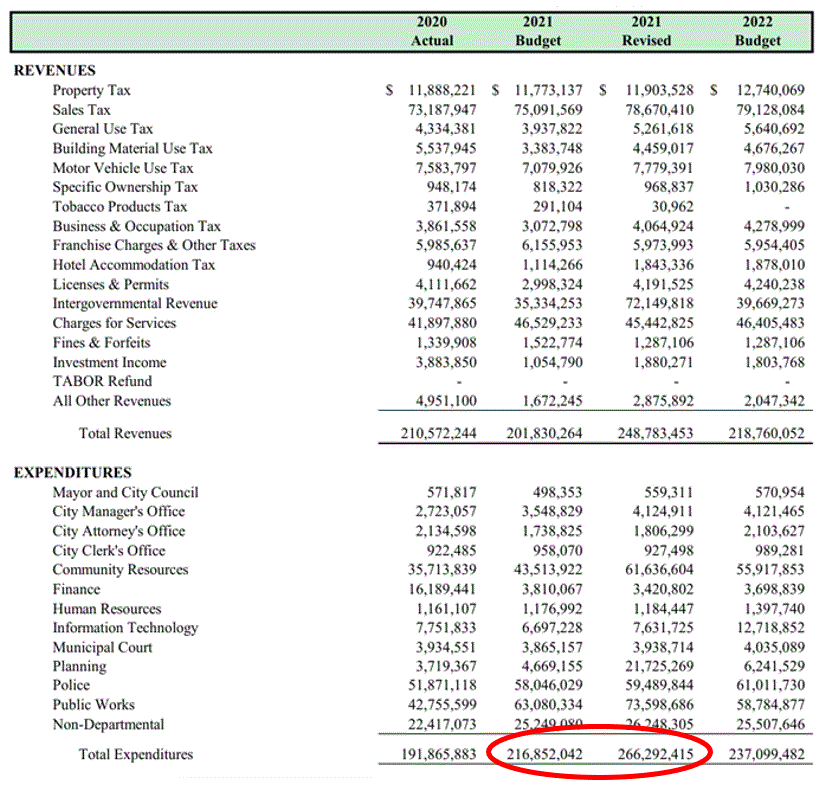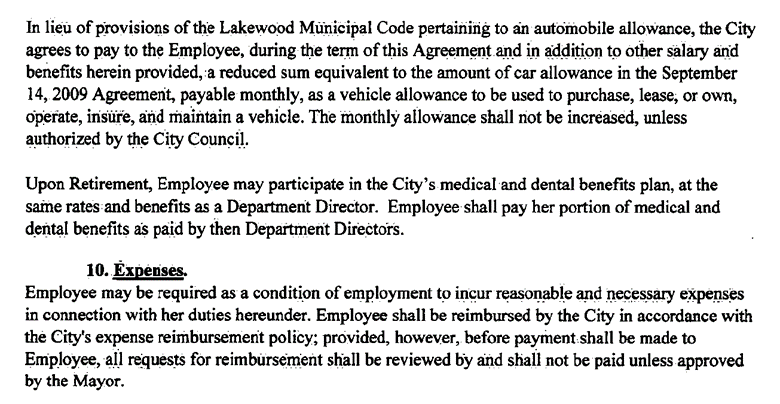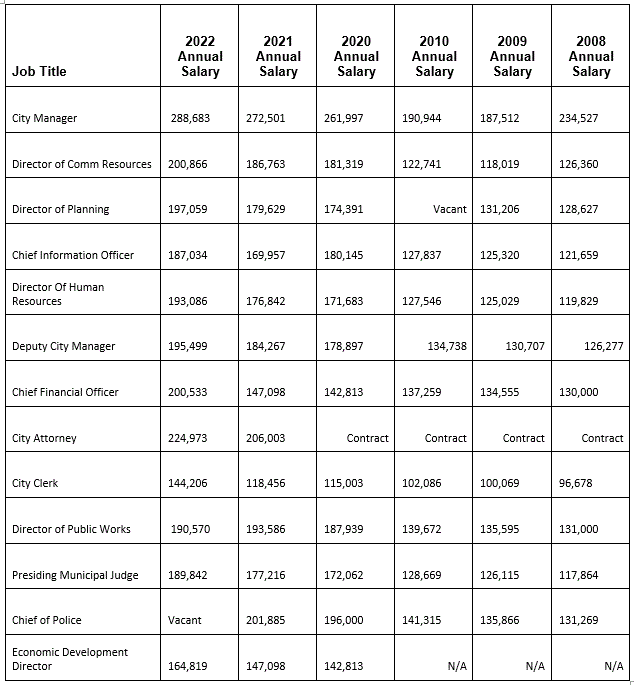Guest Post from Save Open Space Lakewood
Lakewood residents petition to save their parks and open space which the City likes to give away to developers. On April 27th they were at Lakewood’s Belmar Park with petitions.

Background
Local environment advocates will circulate a petition at Lakewood’s Earth Day, on Saturday, April 27, that would force the City from its arrogant behind-the-scenes approval of out-of-control developments to provide significant environmental stewardship for Lakewood.
Once certified with 6,000 required signatures, the petition becomes an initiative which Lakewood is required to vote for. If it doesn’t, it will be placed on a citywide ballot. Over one thousand signatures have already been collected in less than a month.
When: Saturday, April 27
Time: 11 AM -7 PM
Where: Heritage Lakewood Belmar Park, 801 S. Yarrow St., Lakewood 80226
“It’s become clear that nothing short of this petition is going to change complacent City staff, the City Council and the Planning Commission to be responsive to citizen concerns and also supportive of preserving our parks and open space,” said Cathy Kentner, who co-created the petition with fellow longtime community activist Rhonda Peters. Both founded Save Open Space Lakewood which is organizing this all-volunteer petition effort.
The petition, titled the Lakewood Green Initiative, was inspired after the public learned Lakewood staff had worked for several years to preliminarily approve and advance the plans of Kairoi Residential, a Texas developer, for a 412-unit, 83 unit per floor, 6 story luxury apartment building with a footprint the size of two football fields which would share the eastern boundary of Belmar Park.
Belmar Park is a 132 acre beloved park in the middle of Lakewood’s growing concrete jungle. It is a peaceful haven for over 230 bird species (many protected by the Migratory Bird Treaty Act), abundant wildlife and innumerable human visitors.
In preliminarily approving the Kairoi plan, the City ignored its own ordinances on protecting parkland and wildlife, improving tree canopy, fighting climate change and providing affordable housing. Instead it supported the gigantic 800,000 square foot design with no buffer with the park, the elimination of 69 mature trees, and lack of serious analysis of the development’s effects on the environment and on the safety of nearby residents who can only exit on a narrow street.
The public was notified very late as if it was an afterthought. Now the City claims many elements of the project are a done deal and they lack the power to correct this.
Since this deal was initially revealed, the City has placed numerous obstacles in the way of citizen attempts to have input on the development’s
outcome. Likewise, Lakewood staff has been actively attempting to thwart approval of the petition. The latest effort was an unprecedented five-day delay. Interestingly, a few hours after a local TV reporter submitted questions to the City, the petition was promptly approved and released to Kentner.
The Initiative Summary as Set by Lakewood City Clerk
Shall the City of Lakewood Municipal Code Chapter 14.16. PARK AND OPEN SPACE DEDICATION be repealed and replaced to eliminate the option for developers to pay a fee in lieu of parkland dedication and to require the City to accept open space and land dedications for current and future developments.
Longer version: See soslakewood.org
Several years ago Kentner, who ran as an independent candidate for Mayor and has served on the Lakewood Planning Commission, successfully authored and helped pass a petition to limit population growth in Lakewood; it was subsequently approved in a citywide election.
By not following its own standards, Lakewood has effectively sold what should have been more than a dozen acres of parkland in the last decade. According to information provided by the city, Lakewood has not required land from developers since the Solterra development in 2007 and 2013.
Kentner said there appears to be a gentleman’s agreement between Lakewood and all of its developments so they are allowed to pay the City instead of providing open space.
Although citizens have long felt powerless as Lakewood approved large apartment buildings in charming neighborhoods and at the perimeter of parks, the Kairoi monolith at Belmar Park inspired several groups to work to either limit the size of the building or eliminate it entirely.
SaveBelmarPark.com is a comprehensive website that includes a petition to declare eminent domain on the land between the building and the park in order to create a buffer zone.
Save Belmar Park, Inc. has been organizing, educating and fundraising to pursue legal channels to protect the park.
Save Open Space Lakewood (SOS Lakewood) created a petition to bring these groups together to work toward a common goal of protecting Lakewood’s natural environment.
